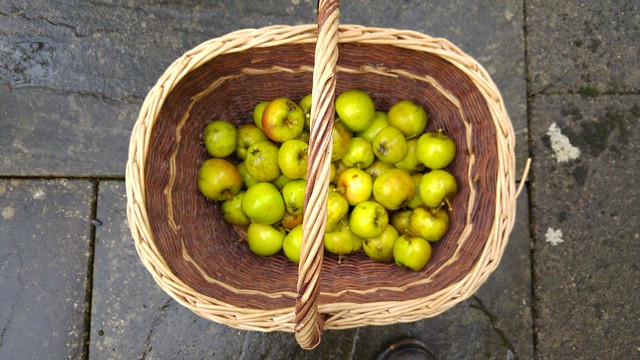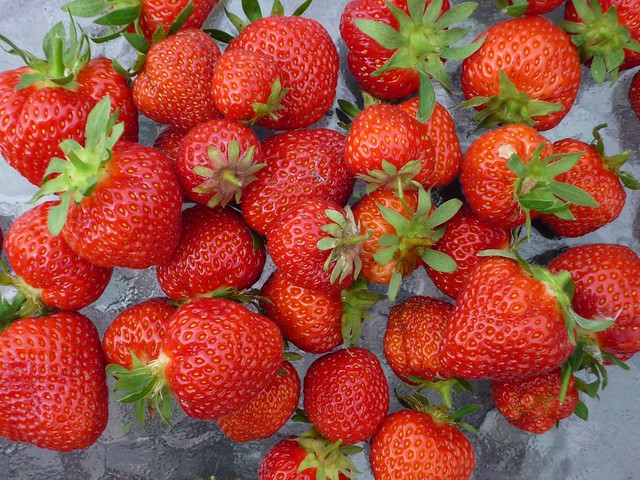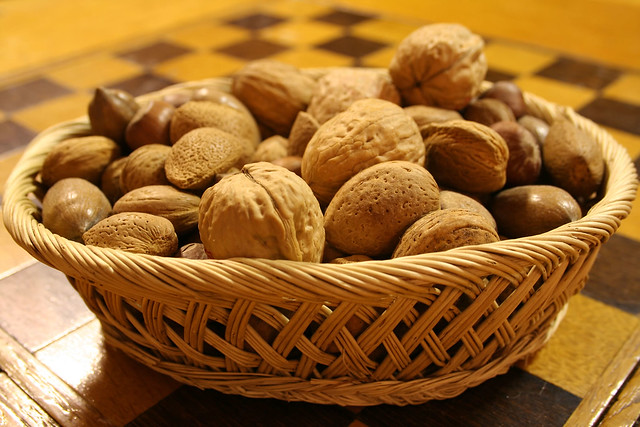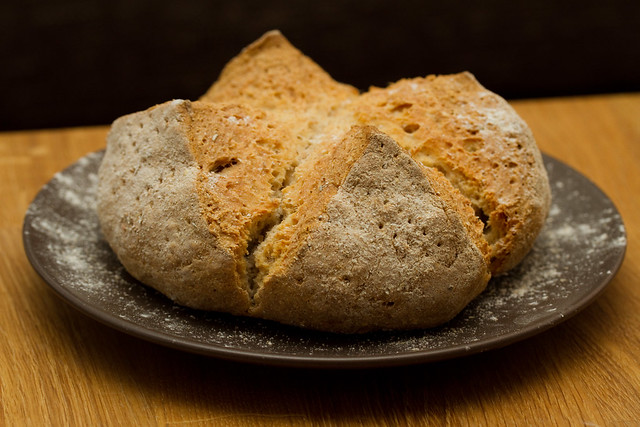Words for true and related words, in Celtic languages.
| Proto-Celtic | *wīros = true *wīrjā-/wīrjānjā- = truth *wīrjāno- = truthful, just |
|---|---|
| Old Irish (Goídelc) | fír [fʲiːr] = true, truth fír fer = fair play fír flatha = just rule fír nDé = ordeal (true) |
| Irish (Gaeilge) | fíor [fʲiːɾˠ] = true, real, intense, very, ultra; noble fíoraigh = to verify fíoreolas = real knowledge fíorfhuil = pure, noble, blood fíorga = righteous fíorgacht = righteousness fíorghrá = true love |
| Scottish Gaelic (Gàidhlig) | fìor [fiər] = true, veritable; genuine, real, actual, authentic fìreanta [fiːrʲən̪ˠdə] = true, just, righteous fìrinn [fiːrʲɪn̪ʲ] = truth, verity, fact, reality; the Gospel fìrinneach [fiːrʲɪn̪ʲəx] = true, truthful, factual, real, just, honest fìrinnich, fìreanaich = to verify, justify, exonerate fìorghlan = chaste, immaculate, pure fìor-riochdail = realistic fìor-uisge = springwater, freshwater |
| Manx (Gaelg) | feer = very, exceptionally, true, real, authentic, regular feeraghey, feerey, firrinaghey = to verity, affirm feeraghey, firrinaghey = to authenticate, authentication, certify, confirm feerid = truth, reality, simplicity, veracity, authenticity feer ushtey = fresh water firrinagh = authentic, candid, devout, faithful, honest, real |
| Proto-Brythonic | *gwir [ˈɡwiːr] = true |
| Middle Welsh (Kymraec) | gwir, guir, gvir = true |
| Welsh (Cymraeg) | gwir [ɡwiːr] = true, certain, genuine, real, very, right, sure gwiriad = confirmation, verification, proof, check, assertion gwir(i)af, gwir(i)o = to prove right or correct, confirm, verify gwiriant = confirmation, verification gwirion = pure, sinless, blameless, chaste, true, faithful; weak-minded, silly, daft, foolish, unwise; simpleton, fool, idiot gwir(i)edig = verified, checked, proved, attested, confirmed gwiriedigol = positive, certain gwir golau = Right Honourable Gwir Anrhydeddus = the plain/naked/honest truth yn wir = in truth, indeed, verily cael y gwir = to get justice, get one’s due |
| Old Cornish | guir = true |
| Middle Cornish | gwyr, guyr = true |
| Cornish (Kernewek) | gwir = true, genuine, real, right, actual; authentic gwiryonedh, gwrionedh = truth gwiryon = truthful gwirvos = reality gwirya, gwirhe = to verify gwir-pryntya = copyright y’n gwir = really yn hwir, dhe wir = truly, really |
| Old Breton | gwuir = true |
| Breton (Brezhoneg) | gwir [ɡwiʁ] = right, true, correct; truth gwiriañ = to verify gwirionez = truth gwirvoud = reality e(n) gwir = really |
Etmology: possibly from the Proto-Indo-European *weh₁ros (true) from *weh₁- (true). English words such as verdict, verity, very and warlock come from the same root [source].
Words marked with a * are reconstructions.
Sources: Wiktionary, Am Faclair Beag, Online Manx Dictionary, Teanglann.ie, eDIL – Electronic Dictionary of the Irish Language, In Dúil Bélrai English – Old Irish glossary, Geiriadur Prifysgol Cymru, Gerlyver Kernewek, Dictionaire Favereau, TermOfis, English – ProtoCeltic WordList (PDF)












